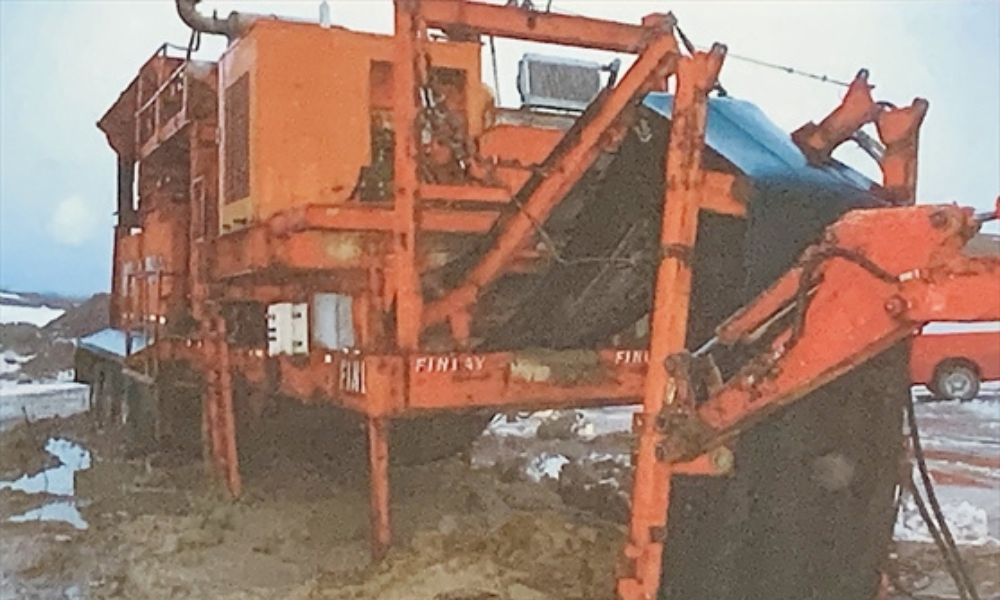Jury hears testimony at inquest into death of Michael Pridham

The inquest into the death of Michael Pridham began this week and the jury heard he was trying to push the arm of a rock crusher’s conveyor belt when it collapsed and fell on him.
Pridham was hurt at a quarry site in Oro-Medonte, Ontario in December 2018 when a Finlay rock crusher caused blunt force trauma to his head. He died in hospital from a severe brain injury.
He left behind his wife, Paula, and their two young children.
The first witness to testify at the inquest was Michael Baker, according to a local news outlet. He was working alongside Pridham with Priestly Demolition at the Bass Lake Sand and Gravel site.
Baker says the team had a morning safety meeting and was tasked with dismantling the Finlay rock crusher so that it could be transported to an auction.
“Everything was frozen. We were getting out all the rock and dirt from underneath the wheels,” says Baker. They tried to turn on rock crusher’s motor, but couldn’t, so one worker went on top of the machine to use a hand crank to fold the conveyor belt in half.
As it started collapsing, Baker says the right side appeared to be stuck. “It got a bit cockeyed, and Pridham was a tall guy, so he was going to give it a nudge.”
As Pridham reached up to push the arm, it suddenly gave way, and landed on his back. “He landed on the ground, and it started working its way up his back, pinning his head as it worked its way up,” says Baker, who then called for help.
Another worker brought a mini excavator over to lift the machine off Pridham. Baker says they didn’t expect the machine to collapse the way it did.
“We thought the cables would hold it up like that. If we knew it could do that, we would’ve done something different (to fold it).”
Ministry of Labour inspector James Milne also testified, saying the Finlay rock crusher is rare in Ontario. “I know the workers have experience with different pieces of equipment, but it’s been a number of years since I’ve seen one like this — maybe back in the late '80s/'90s.”
He didn’t fine the company and ruled the incident as a construction accident and not a mining accident.





